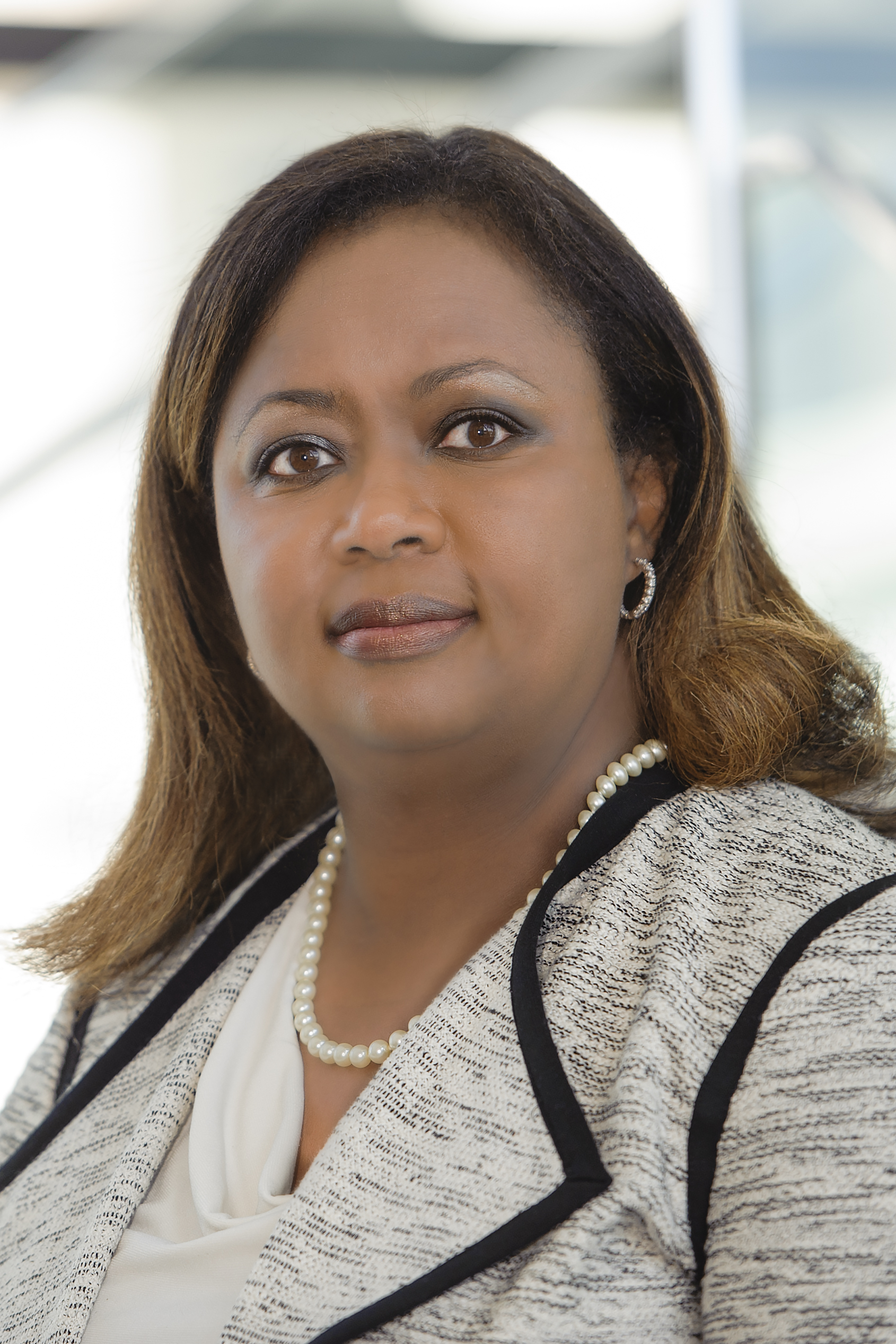Cecelia Brewington, MD is a board-certified practicing radiologist, radiology administrator and professor who serves as Medical Director of UT Southwestern Medical Center’s CT Lung Cancer Screening Program; a program she helped found. We interviewed Dr. Brewington to find out more about her 25 year career, what she wants people to know about her work and her advice for anyone who might be at risk for lung cancer.
How did the lung cancer screening program at UT Southwestern Medical Center get started?
In 2011, the National Lung Cancer Screening Trial (NLST) showed the benefits of lung cancer screening using low dose CT screening over chest x-rays. For the first time, there was a way to detect lung cancer early enough (at stage 2 and less) which decreased mortality from lung cancer by 20 percent. A government task force accepted the conclusions of the NLST in 2013 and made lung cancer screening a preventive health service for people who met certain high-risk criteria. After this happened, we thought it was the right moment to start our program to bring the benefit of early detection to those at risk for a type of cancer that often has no symptoms. It was an opportunity to make a real difference in our community.

Cecelia Brewington, MD, Medical Director of UT Southwestern Medical Center’s CT Lung Cancer Screening Program
Do you see any barriers to getting screened?
Definitely. In the broad spectrum of healthcare, there are some disparities. Lung cancer is the number one cause of cancer death among all ethnic groups including African Americans. Being African American, I am aware of the barriers to healthcare, from a cultural standpoint, that are keeping the at risk African American community from getting screened. For example, a person may be more likely to listen to someone who looks like them when it comes to healthcare decisions. Also, being fearful of a cancer diagnosis is very real in certain communities. When we talk about a screening program, there’s going to be a segment of people who simply say, “I would rather not know.” But, the important message to get across is that through screening we can make an impact that decreases your chance of dying from this disease. I see this program as an opportunity to meet these types of barriers head on.
Why did you get involved with this effort?
I got involved in part because every program needs a champion to be successful. A program champion helps to provide vision and organization with an eye towards quality. I think all people should operate from their strengths and one of mine is organization. In addition, I try to live my life as purpose-driven as possible to have real positive outcomes for people. I saw the possibility of that impact through this more than worthwhile program for all populations at risk due to smoking.
What is the best advice you can offer to someone who might be at risk?
First, stop smoking if you’re currently doing it. Healthcare providers know that is easier said than done, but we have ways to help you quit smoking. In some instances, there are free, smoking cessation programs. Talk to your doctor about your options. Also, if you get insurance through your employer, there is likely a smoking cessation program available to you. Contact your healthcare provider to find out more. My other advice would be to talk to your doctor about your risk and whether or not screening is right for you as well as learn the facts about lung cancer screening. Don’t be afraid to be screened. Through this program we have a real chance to catch lung cancer early and do something about it.
What drives you to go the extra mile for your patients?
I feel like I am doing something that is making a difference for someone else. It gives my career and my life meaning. I truly believe you should use your talents to benefit others. I think most physicians feel the same way.
If you think you or a loved one may be at risk for lung cancer, go here for more information about risk factors, lung cancer screening and ways to reduce risk.

Leave A Comment